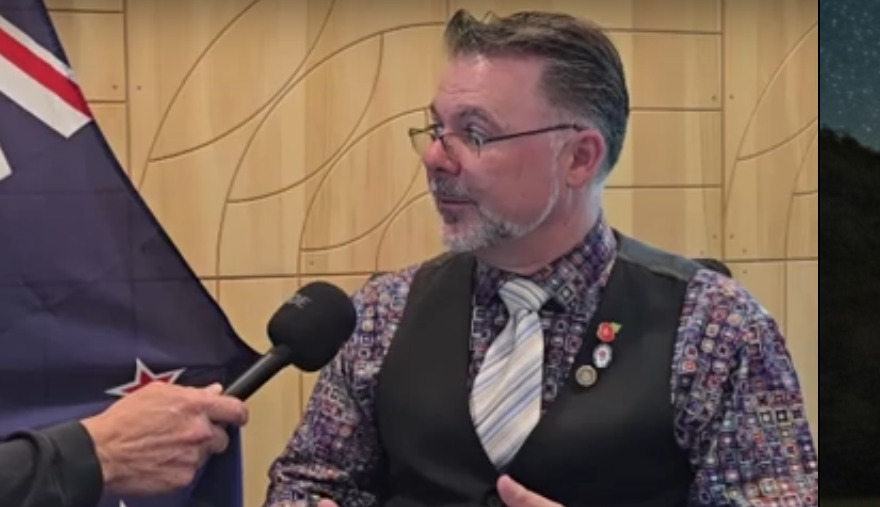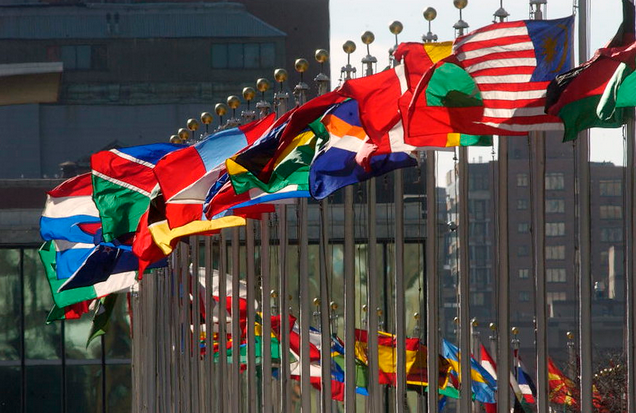DARGAVILLE, NEW ZEALAND – The Northland Field Days in Dargaville have gotten off to a fantastic start for NZ Loyal, with the party’s message and policies resonating well with attendees.
As the event enters its final day tomorrow, NZ Loyal is inviting everyone to come and meet the team at site D1. This is a fantastic opportunity to have a chat, learn more about the party’s vision for uniting, taking back our country, and sign up as a member to help push the movement across the line.
We’re thrilled with the positive reception we’ve received so far. Our policies are hitting the mark, and people are excited about the prospect of real change.
NZ Loyal is committed to solving New Zealand’s problems, and the party believes that now is the time for action.
We’re saying to New Zealanders: give us one chance, one term, just one time and it’s problem solved.
We’re confident that we can overcome the globalist forces and entrenched bureaucratic stalwarts to actually achieve the results we want. All others have had their opportunity and have failed miserably. We won’t fail. We have a plan, we have the policies, we just need the people.
So come along to the Northland Field Days tomorrow, visit NZ Loyal at site D1, sign up as a member, and let’s push this movement across the line.















